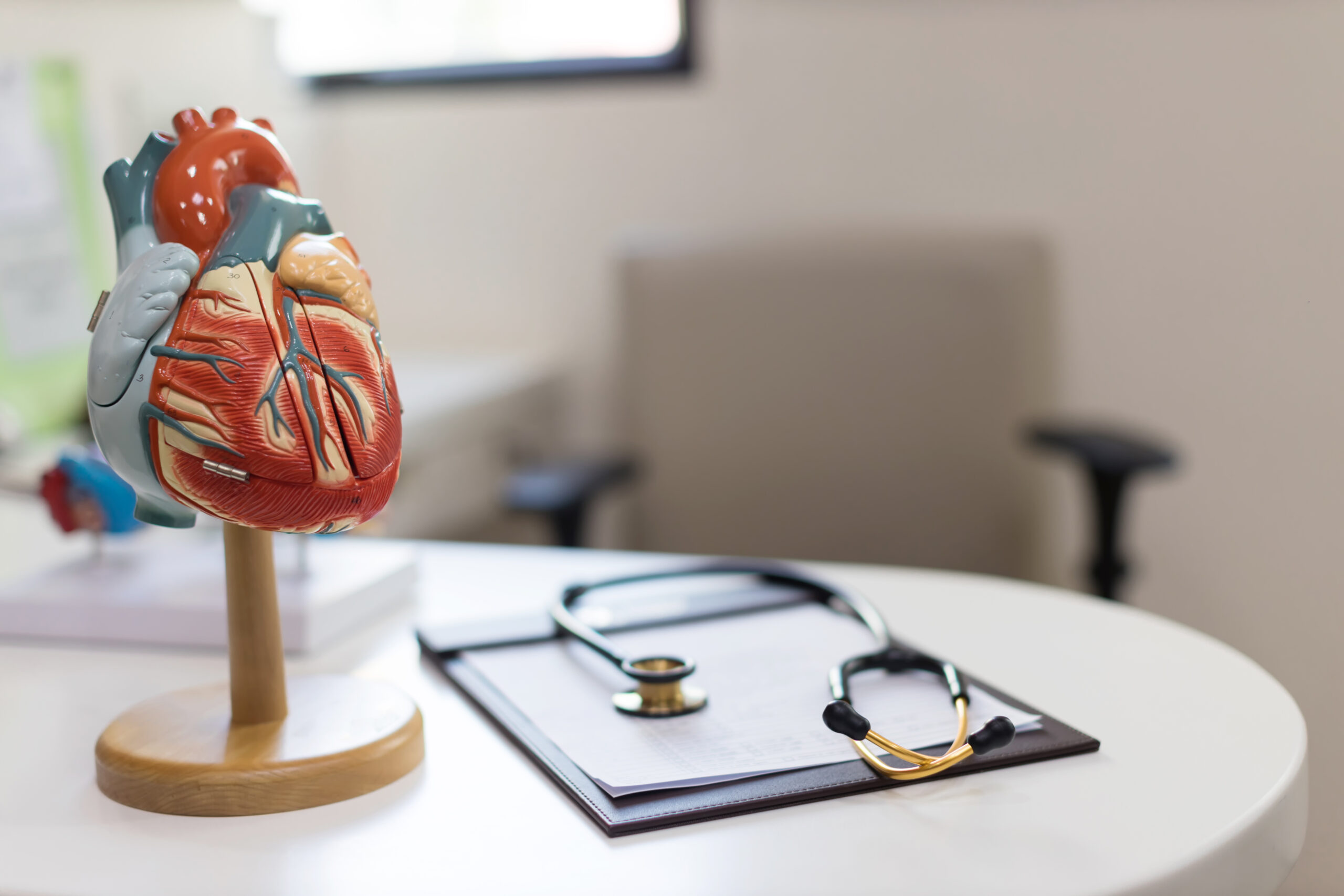Prevention and aftercare
Live better, live longer thanks to good prevention
Our cardiac surgery and sports medicine practice is aimed at patients who would like to make their own contribution to getting well again or maintaining the state of health they have achieved after an operation.
“Repair medicine” does not work if the patient does not also contribute to getting well again. Just 15-30 minutes of exercise per day has been shown to lower blood pressure, blood sugar and blood lipid levels. We will guide you through the difficult beginning and work to keep you motivated.

What is preventive medicine? How can we optimize your follow-up care?
Preventive medicine is about analyzing a person’s individual risk factors (genetic predisposition/family stress, individual lifestyle and living conditions, etc.) to promote healthy behaviors.
This includes the detection of common diseases such as obesity (overweight), atherosclerosis (arteriosclerosis), diabetes mellitus type 2, heart failure, osteoporosis and many more. Especially after operations and a longer stay in hospital, one receives diagnoses of which one knew nothing before. One can either simply accept these or try to counteract the disease or its course. Prevention is the best medicine.
In our practice, we pay special attention to patients who have undergone cardiac and vascular surgery and provide optimal aftercare, which includes preventive medicine. Based on three cornerstones, we tailor the aftercare and preventive care to the patients in the best possible way.
Preserving health
Primary prevention is concerned with maintaining health and preventing illness, i.e., even before damage or illness occurs, possible causes and risk factors are sought.
This includes the recognition and avoidance of risk factors and the promotion of health, e.g. through nutritional medicine, micronutrient medicine and sports medicine with accident prevention. We will be happy to advise you on our sports medicine services for patients.
Early detection of diseases
Secondary prevention is about early detection of a disease or counteracting its worsening/progression. Especially after severe operations, organs are often insulted (e.g. elevated liver and kidney values) and require special attention. An optimized adjustment of the administered medication is often only facilitated by close-meshed controls. We support you in detecting damage or disease at an early stage or in preventing the disease from taking a chronic course.
Preventing complications
Tertiary prevention is about preventing a worsening or the onset of complications in a disease that has already been identified. We help patients who are already chronically ill (e.g., after a myocardial infarction) to recognize secondary diseases in good time and support them with health promotion tailored to their needs. This can prevent a worsening of the disease or the recurrence of a disease (e.g., recurrence of a myocardial infarction).
With the help of targeted preventive measures, everyone can create the conditions for enjoying greater health, greater mobility, greater performance, and a better quality of life in the future.
Related Blog Posts
Do I still need my pacemaker or defibrillator?
You have been wearing your pacemaker or defibrillator for a long time, during the controls you are told that it is "inconspicuous". Nevertheless, you feel increasingly worse, and you wonder whether the pacemaker is still sufficient in terms of functions, or whether an...
Physical activity and sport as a therapy and preventive measure for neurogenerative diseases
Medical progress leads to increased life expectancy. Demographic data indicate that every second child born today will live to be 100 years old. With increased life expectancy comes an increase in age-associated diseases. Among others, the cardiovascular system...
Contact
Address
Elective doctor's office
Medizin am Stadtplatz
Stadtplatz 10-11/1/4
3400 Klosterneuburg

